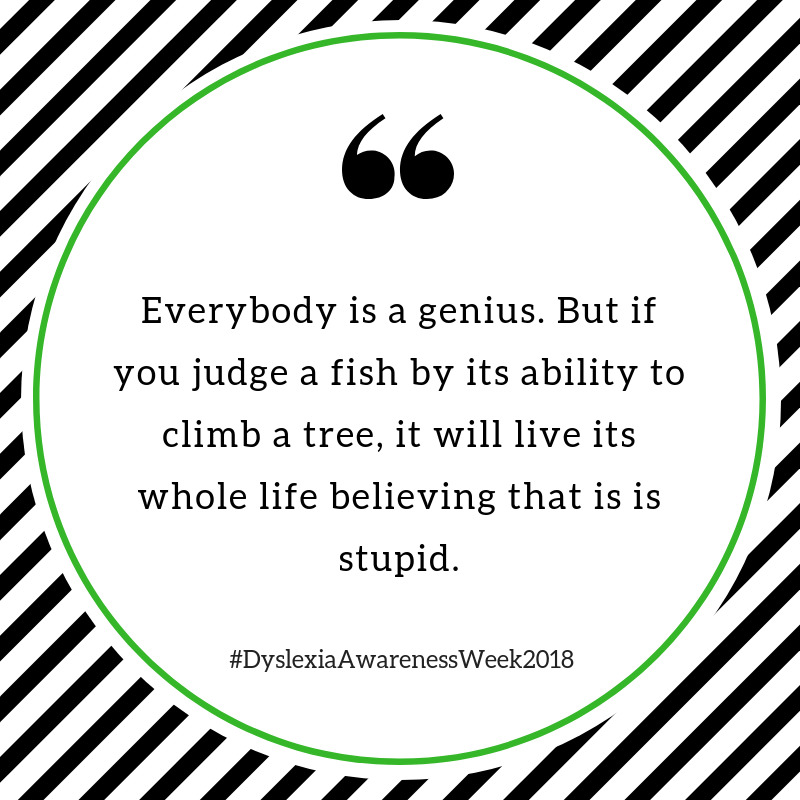For an audio recording of the article, please follow this link.
This year to raise awareness of Dyslexia and to celebrate #21stCenturyDyslexia we are putting the spotlight on technology and how it can help you through your studies. Focusing on Assistive Software and QuickScan testing. Our QuickScan Screening Test can help you to identify your learning preference, whether you are an auditory, visual or kinaesthetic learner, or maybe you’re a mix of them all. The test will also highlight if you have any indicators of a Specific Learning Difficulty, such as Dyslexia. By identifying your learning preference and gaining an understanding of the various Assistive Software programmes the university has available and how they can help you to study more effectively and work to your strengths.
QuickScan is a screening programme you can find on MyBeckett. It can’t provide a formal diagnosis of Dyslexia or any other Specific Learning Difficulty, but will flag if you show an indicator and let you know what to do next. The test will ask you a series of questions, for example what you might do in certain situations or how you feel about certain activities. There is no right or wrong answer and there is no time limit.
Our Skills for Learning team will be running a programme of sessions for you to come along and learn about Assistive Software and how you can access it, we’ve written a little more information about each below:
MindView – Are you a visual learner? This is for you. MindView can help you create and customise mind maps that represent your ideas. This can help with your assignment planning and especially with revision.
Pro-Study- Fed up of losing your references? Not remembering which website you saw that really helpful quote? Pro-Study has been developed by a former Leeds Beckett student. The software allows you to collect and organised your research from various sources and then export to Microsoft Word.
TextHelp Read & Write – Are you an auditory learner? This software enables you to turn text into sound files. Yes, that means you can replace your weekly podcast with your seminar reading! The software also has inbuilt spell checking and dictionary functions.
Not sure which one will suit you best? Attend the ‘Introduction to Assistive Software’ for an overview of everything we have to offer.
You can view the programme at the bottom of the article and you can view more workshops and book yourself on here, and for more information on QuickScan and how you can take the test here.
The Library is also a great place to start if you need any support and guidance if you are dyslexic, or if you think you might be. They are on hand to offer one to one support, helping you to access and use assistive software and locating alternative formats of books and resources. For more information about this, check out their most recent blog post on how they can help.
https://www.leedsbeckett.ac.uk/blogs/library/2018/09/dyslexia-awareness-week-2018/

If you have a disability or long term condition, we would encourage you to contact the Disability Advice team so that they can discuss any support needs you have and how they can implement any adjustments. This is particularly important if you require 1:1 support such as sign language interpreters or adjustments for examinations.
Tel: 0113 812 5831
Email: disabilityadvice@leedsbeckett.ac.uk
Session title |
Location | Date | Time |
| Mind mapping using MindView | HY JG 221 | Wednesday 3 October | 11:00 – 12:00 |
| Organise research using Pro-Study | CC LSB202 | Wednesday 3 October | 14:00 – 15:00 |
| Mind mapping using MindView | CC LS102 | Thursday 4th October | 11:00 – 12:00 |
| TextHelp Read and Write software: Reading, writing and scanning tools | HY JG 226 | Thursday 4th October | 11:00 – 12:00 |
| TextHelp Read and Write software: Reading, writing and scanning tools | CC LSB102 | Friday 5 October | 11:00 – 12:00 |
| Organise research using Pro-Study | HY JG 225B | Friday 5 October | 14:00 – 15:00 |
| Introduction to Assistive Software | HY JG 225b | Friday 12 October | 14:00 – 15:30 |
| Introduction to Assistive Software | CC LSB202 | Wednesday 10 October | 14:00 – 15:30 |
